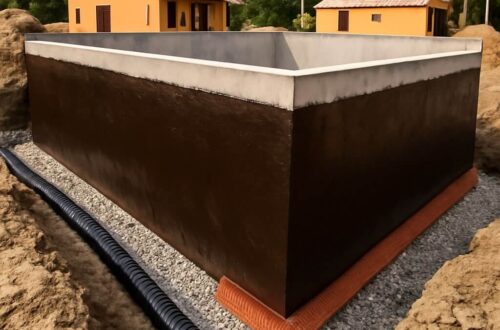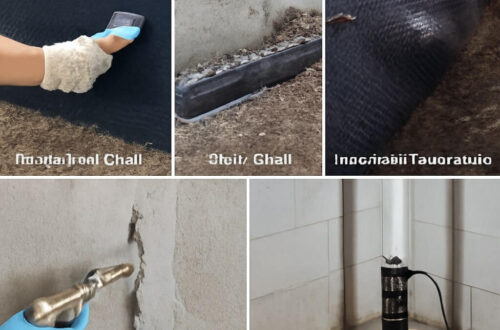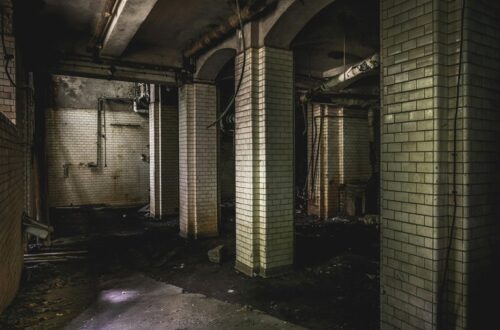When considering waterproofing for your basement, it’s vital to ask the right questions. You should explore how different methods work, their effectiveness, and what you can expect regarding maintenance. Understanding the potential savings and how waterproofing can boost your home’s value is also essential. As you gather this information, you’ll begin to see the bigger picture and uncover the true benefits of investing in waterproofing for your space.
Key Takeaways
- What specific moisture issues can waterproofing address in my basement?
- How will waterproofing improve my home’s overall value and livability?
- What are the long-term financial benefits of investing in waterproofing?
- Which waterproofing methods are most effective for my basement’s unique conditions?
- What is the expected timeline and process for completing the waterproofing work?
What Are the Signs That My Basement Needs Waterproofing?
When you notice musty odors or see water stains on your basement walls, it’s time to pay attention; these signs often indicate that your basement needs waterproofing.
Water stains can signal moisture issues, creating a perfect environment for mold growth. If you spot peeling paint or warped flooring, it’s another red flag that your basement’s integrity is at risk.
Additionally, check for condensation on cold surfaces, as this can lead to further dampness. Don’t ignore these indicators; addressing them promptly can prevent more significant problems down the line, ensuring your basement stays dry and healthy for years to come.
How Does Waterproofing Prevent Long-Term Damage?
While ignoring moisture issues might seem tempting, waterproofing your basement is vital for preventing long-term damage to your home.
By addressing water intrusion, you greatly reduce the risk of water damage, which can weaken your foundation and lead to costly repairs.
Plus, effective waterproofing strategies are essential for mold prevention. Mold thrives in damp environments, and once it takes hold, it can compromise your indoor air quality and lead to health problems.
With a properly waterproofed basement, you create a dry, safe space that not only protects your investment but also enhances your home’s overall value and livability.
What Waterproofing Methods Are Available for My Basement?
How can you effectively protect your basement from water intrusion?
There are several waterproofing methods to evaluate, ensuring you choose the right one for your situation.
Here are four popular options:
- Interior Drainage: Install a drainage system to redirect water away from your basement.
- Exterior Barriers: Apply waterproof coatings or membranes to the exterior walls.
- Sump Pumps: Utilize pumps to remove any accumulated water from the basement.
- French Drains: Create a trench filled with gravel to channel water away from your foundation.
Choosing the right method can help keep your basement dry and safe.
How Can Waterproofing Save Me Money in the Long Run?
Investing in waterproofing your basement can lead to significant savings over time. By preventing water damage, you avoid costly repairs and maintain your home’s value.
A dry basement enhances energy efficiency, reducing heating and cooling expenses. Moisture in your basement can lead to mold growth, which may necessitate expensive remediation.
Furthermore, a waterproofed space can increase your living area, allowing for more functional use, like a rental or recreational room.
Ultimately, the cost savings from reduced maintenance, lower utility bills, and improved property value make waterproofing a wise investment. You’ll appreciate the financial benefits for years to come.
What Should I Expect During the Waterproofing Process?
What can you expect during the waterproofing process? First, a thorough basement inspection will identify problem areas. Then, you’ll choose the right waterproofing materials based on your needs.
Here’s what typically happens:
- Assessment: Experts evaluate your basement for moisture issues.
- Preparation: The area is cleared and prepped for work.
- Application: Waterproofing materials, such as sealants or membranes, are applied.
- Final Checks: After installation, a follow-up inspection verifies effectiveness.
Conclusion
To sum up, understanding the value of waterproofing your basement is essential for protecting your home. By asking the right questions about methods, effectiveness, and cost savings, you can make informed decisions. Remember, effective waterproofing not only prevents long-term damage but also boosts your home’s value and livability. Don’t wait for moisture issues to arise; take proactive steps today to guarantee a dry, safe, and comfortable basement for years to come.






